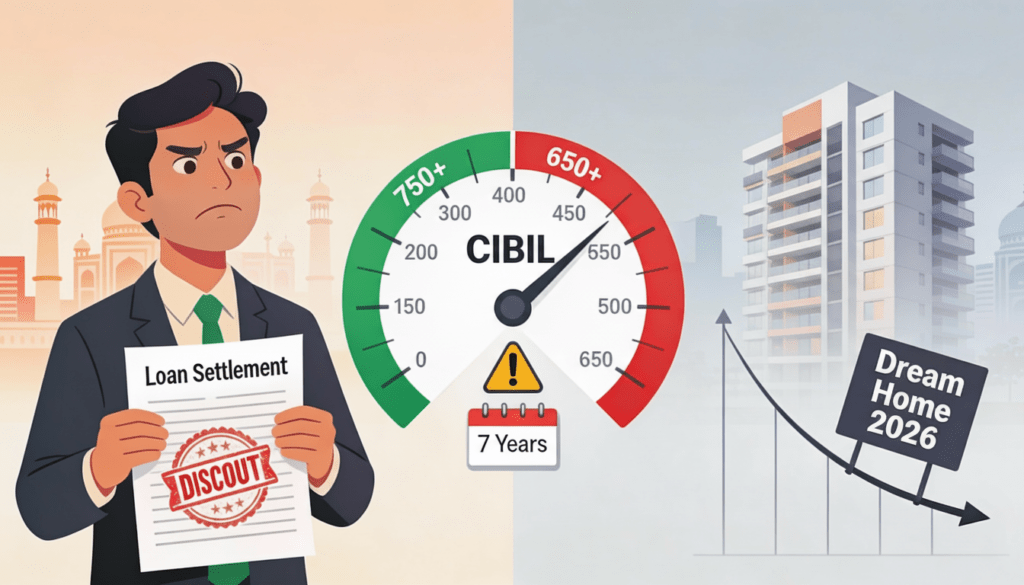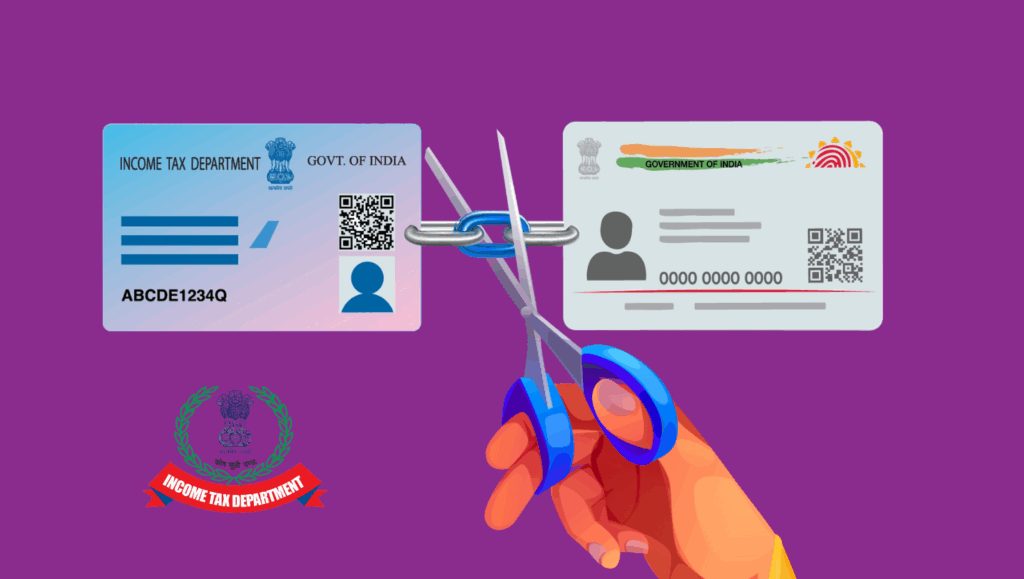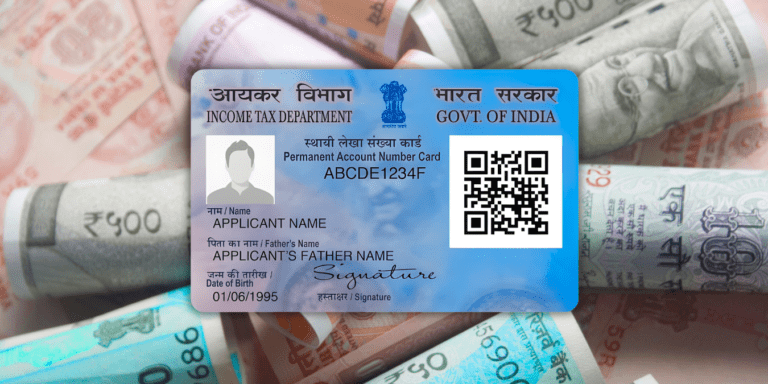
12 Most Important Capital Gains Exemptions in India for FY 2024-25: How to Claim & Maximize Savings
how to reduce your capital gains tax in FY 2024-25 with India’s top 12 exemptions! From residential properties to startups, unlock secrets to save up to Rs. 10 crore under Sections 54, 54EC, 54F, and more. Curious about reinvesting in bonds or agricultural land? Surprised by startup equity exemptions? Don’t miss hidden pitfalls that could cost you lakhs! Learn expert tips, timelines, and strategies to maximize savings and stay compliant.
Capital gains tax can significantly impact the net returns from the sale of assets in India, but the Income Tax Act offers several exemptions designed to ease this burden for taxpayers reinvesting proceeds in specific assets. For FY 2024-25, understanding the various capital gains exemptions under Sections 54, 54B, 54D, 54EC, 54EE, 54F, 54G, 54GA, and 54GB is critical for investors, homemakers, farmers, and industrialists aiming to optimize tax savings. This blog unpacks these sections with the latest 2025 updates, eligibility criteria, timelines, investment limits, and practical pro tips from an Indian perspective to help taxpayers strategize their capital gains planning effectively.
What Is Capital Gains Tax and Why Exemptions Matter in FY 2024-25?
Capital gains arise from the transfer (sale or disposal) of a capital asset such as land, building, residential property, equity shares, or bonds. India taxes long-term capital gains (LTCG) and short-term capital gains (STCG) differently. However, the tax burden can be minimized or deferred by leveraging exemptions stipulated in the Income Tax Act. For individuals and entities transacting in FY 2024-25, capital gains exemptions offer a route to reinvest gains without immediate tax liability, making them vital tools in wealth management and compliance.
Section 54: Exemption on Sale of Residential House Property
Section 54 provides exemption from LTCG arising from the sale of a residential property, if the taxpayer invests the capital gains in purchasing or constructing another residential property. The exemption is limited to the lower of the capital gains or the cost of the new residential property, with the new Finance Act 2023 capping the exemption at Rs. 10 crore for FY 2024-25 onwards.
How to Claim:
- Purchase new residential property within 2 years before or after the sale.
- Or construct a new property within 3 years post-sale.
- Deposit funds in Capital Gains Account Scheme (CGAS) if the new property is not purchased within the due date of return filing.
Pro Tip:
Plan your purchase/construction within timelines to avoid losing exemption benefits, as the amount claimed will be taxed if timelines lapse.
Section 54B: Exemption for Agricultural Land Transfers
This section allows exemption of capital gains from the sale of agricultural land used for agriculture if the proceeds are reinvested in another agricultural land within two years.
Key Highlights:
- Applies to both individuals and Hindu Undivided Families (HUF).
- The exemption amount is the lower of the capital gain or cost of new agricultural land.
- Investment in agricultural land must be completed within two years from the date of sale.
Common Mistake:
Delaying reinvestment beyond two years leads to loss of exemption and immediate tax liability.
Section 54D: Exemption on Acquisition of Industrial Land/Building
Section 54D grants exemption on capital gains arising from compulsory acquisition of land or building which is part of an industrial undertaking, provided the compensation is reinvested in acquiring new land or building for shifting or re-establishing the industrial undertaking within 3 years.
Important Points:
- Both Long Term and Short Term capital gains are eligible.
- The new asset must be held for at least 3 years to avoid clawbacks.
- Applies to any category of persons including companies.
Section 54EC: Investment in Specified Bonds (NHAI, REC)
Section 54EC exemption offers relief on LTCG from sale of land/building if the gains are invested in specified bonds issued by government-backed entities like NHAI or REC within 6 months.
Limits & Features:
- Investment limit capped at Rs. 50 lakh per financial year.
- Bonds have a minimum lock-in period of 5 years.
- Interest earned on these bonds is taxable.
Pro Tip:
Use this section for gains where property reinvestment is not desired; ensure timely investment to claim exemption.
Section 54EE: Exemption by Investing in Specified Units
Unlike Section 54EC, Section 54EE applies to LTCG reinvested in units of notified funds issued before April 1, 2019. The exemption limit is Rs. 50 lakh.
Key Conditions:
- Investment must be within 6 months of asset transfer.
- The investment limit is the lower of capital gain or Rs. 50 lakh.
- Only LTCG qualifies.
Section 54F: Exemption on Sale of Any Capital Asset Except Residential Property
Section 54F allows exemption on LTCG when any long-term capital asset other than residential property is sold, and proceeds are invested in residential property.
Eligibility & Terms:
- Must purchase or construct residential property within two years (purchase) or three years (construction).
- The exemption is proportionate to the amount invested relative to sale proceeds.
- Maximum investment considered for exemption is Rs. 10 crore.
Common Mistakes:
Owning more than one residential house other than the new property disqualifies the exemption.
Section 54G and 54GA: Capital Gains on Transfer Related to Industrial Undertakings
Section 54G offers exemption for capital gains arising on transfer of a capital asset or business assets due to shifting an industrial undertaking from urban to rural areas.
Section 54GA relates similarly to companies relocating industrial undertakings outside urban agglomerations.
Key Conditions:
- Capital gains must be invested in new industrial undertaking within the specified timeline.
- The new asset must be held for 3 years.
- Applies to both STCG and LTCG.
Section 54GB: Exemption for Transfer of Residential Property to Invest in Startup or SME
Section 54GB was introduced to promote startup growth by allowing exemption on capital gains from transfer of residential property if the gains are invested in the equity of an eligible startup or eligible SME engaged in manufacturing.
Highlights:
- Investment in new equity shares of the startup/SME must happen within 1 year from the date of transfer.
- The startup/SME must use the investment to set up a new unit or expansion.
- Exemption amount is limited to the amount invested.
Summary Box: Key Capital Gains Exemptions for FY 2024-25
| Section | Asset Sold | Reinvestment Asset | Investment Timeline | Max Limit (Rs.) | Notes |
| 54 | Residential property | Residential property | Purchase 2 yrs, Construct 3 yrs | Rs. 10 crore | CGAS utilization if not timely |
| 54B | Agricultural land | Agricultural land | Within 2 years | Capital gains amount | Applicable for individuals & HUF |
| 54D | Industrial land/buildings | Land/building for industry | Within 3 years | Capital gains amount | Mandatory 3 years holding |
| 54EC | Land/building | Govt. bonds (NHAI, REC) | Within 6 months | Rs. 50 lakh | 5-year lock-in |
| 54EE | Long-term capital asset | Specified notified units | Within 6 months | Rs. 50 lakh | Bonds issued before 2019 |
| 54F | Any long-term asset except residential property | Residential property | Purchase 2 yrs, Construct 3 yrs | Rs. 10 crore | Proportionate exemption |
| 54G | Capital assets/business assets (industrial) | New industrial undertaking | Within 3 years | Capital gains amount | Applicable for shifting industries |
| 54GA | Similar to 54G for companies | New industrial undertaking | Within 3 years | Capital gains amount | Company-specific |
| 54GB | Residential property | Equity in startup/SME | Within 1 year | Amount invested | Investment in eligible startups |
Common Mistakes and How to Avoid Them
- Missing reinvestment timelines leading to disqualification.
- Reinvesting more than allowed limits (Rs. 10 crore for property, Rs. 50 lakh for bonds).
- Not maintaining holding periods (usually 3 years), risking clawback of exemption.
- Owning multiple residential properties at the date of sale disqualifies section 54F exemption.
- Confusing STCG and LTCG applicability for each section.
Final Thought and Next Steps
Taxpayers in India can significantly reduce their capital gains tax liability in FY 2024-25 by carefully utilizing exemptions under Sections 54, 54B, 54D, 54EC, 54EE, 54F, 54G, 54GA, and 54GB of the Income Tax Act. Understanding eligibility, reinvestment options, timelines, and limits is essential for effective tax planning. It is advisable to consult a tax advisor or CA to align investment with your capital gains profile and avoid common pitfalls.
Practical Next Steps:
- Identify which capital asset sale triggers your capital gain.
- Assess eligibility for specific exemptions based on asset type and usage.
- Plan reinvestment in new assets or bonds within prescribed timelines.
- Deposit gains temporarily in Capital Gains Account Scheme if immediate reinvestment is not feasible.
- Maintain proofs of purchase/construction to claim exemptions during returns filing.
Implementing these strategies will help maximize exemption benefits, optimize investment returns, and ensure compliance with Indian tax laws in FY 2024-25.
Disclaimer: The use of any third-party business logos in this content is for informational purposes only and does not imply endorsement or affiliation. All logos are the property of their respective owners, and their use complies with fair use guidelines. For official information, refer to the respective company’s website.

































